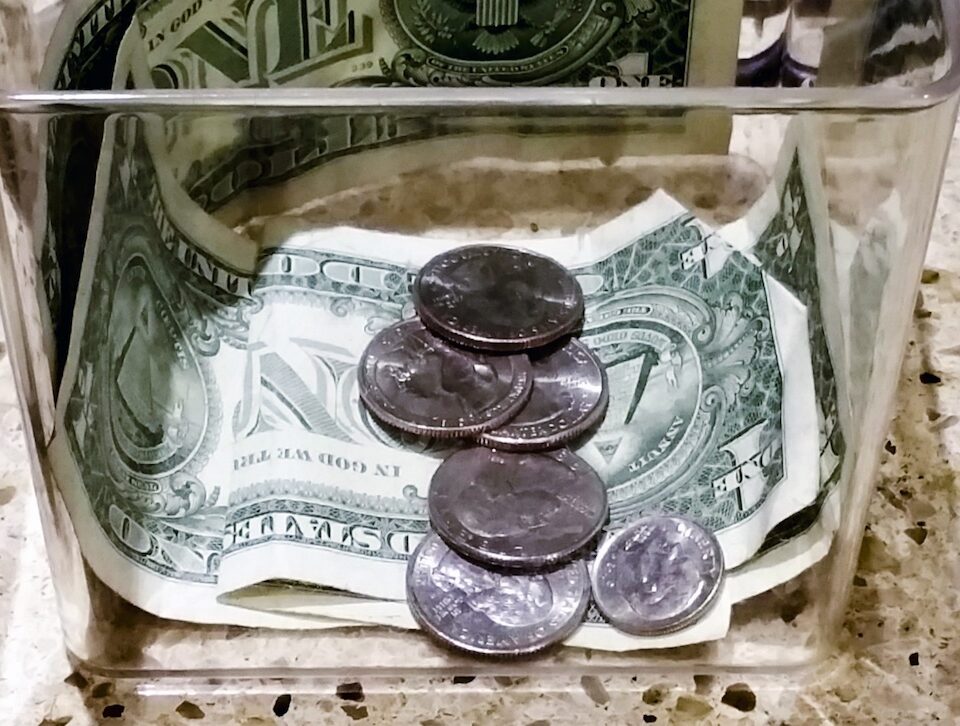
Our Weekly Economic News Roundup: From Costco to China
September 20, 2025
Why Germany Canceled Its Trains
September 22, 2025During January, “forever” ended for Publishers Clearing House lifetime prize winners:
All financial prizes, though, could have a sad ending.
Financial Prizes
Publishers Clearing House
Since 1967, in addition to selling us a stack of magazine subscriptions on which they earned commissions, Publishers Clearing House (PCH) could have knocked on your door with a happy surprise. Displaying balloons, flowers, and a huge cardboard check, they gleefully gave a lifetime dollar prize to a small number of lucky people.
Now though, because making money from magazines no longer worked, they entered Chapter 11 bankruptcy. As a part of the deal for PCH’s remaining assets, the buyer won’t continue the payout for any money prize offered before July 15. Consequently, winners like Tamar and Matthew Veatch and John Wyllie won’t be getting the weekly $5,000 check they had depended on for decades. (The Veatches started collecting during 2001 and Wyllie, 2012.)
Lotteries
By contrast, Powerball and Mega Million lottery winners have a choice. Deciding whether to take a lump sum or yearly annuity payments spread across decades, most winners take the eye-popping lump sum. Referring to taxes, security, and psychology, financial experts, however, favor the annual payment option. Nerdwallet tells us that the Mega Millions’ first payout for its December 2024 $1.269 billion prize would have been $19 million (or so). Instead, for the lump sum cash option, they pay the amount currently in their prize pool. For the December prize, it was $571.9 million. Then though, winners have state and federal income taxes (and the avalanche of requests for their windfall).
With PCH and the lotteries, no one mentions counterparty risk.
Our Bottom Line: Counterparty Risk
Whenever we engage in a financial transaction, the counterparty is the other side of the deal. With a seller, the buyer is the counterparty. For a treasury bond, the U.S. government would be the counterparty. And for “forever” winners, Publishers Clearing House was the counterparty. To minimize winners’ risk, according to the NY Times, the company had purchased bank or insurance company annuities until 2003. Once they stopped, unknown by winners, their counterparty risk soared.
When they decide on the payment, lottery winners also determine their counterparty risk.
My sources and more: Thanks to Slate Money for alerting me to the Publishers Clearing House demise. From there a slew of sources had more details including NPR, CNN, and the NY Times. And finally, Nerdwallet had the lottery facts.
![econlifelogotrademarkedwebsitelogo[1]](/wp-content/uploads/2024/05/econlifelogotrademarkedwebsitelogo1.png#100878)




